However, generative AI poses particular challenges for the creative industry, including music . We spoke with Mr. Tao Minh Hung, Director of the International Federation of the Phonographic Industry (IFPI) in Vietnam about this issue.

PV: IFPI has recently been expanding its operations in Vietnam, especially with the establishment of an office in Vietnam in 2021 and the launch of The Official Vietnam Chart in early 2025. What do you think about the development potential of the Vietnamese music market?
Mr. Tao Minh Hung: IFPI is the voice representing more than 8,000 record labels worldwide, including many in Vietnam. IFPI is widely known for its Global Music Report, which provides annual data on the global market, and The Official Vietnam Chart, which provides weekly updates on the most popular songs in Vietnam.
According to the Global Music Report 2025, Vietnam is the fastest growing recording market in the world (excluding hyperinflationary countries), with a growth rate of 32.2% in 2024, but Vietnam's per capita market size is still very modest compared to other countries in the region.
I believe that in a country with a passionate passion for music and a rich cultural heritage like Vietnam, it is clear that the recording industry still has a lot of potential to develop, and will be a very important component in the development of Vietnam's cultural industry, as the Strategy for the Development of Vietnam's Cultural Industries to 2030, with a vision to 2045, sets out the goal of contributing 7% to the national GDP by 2030.
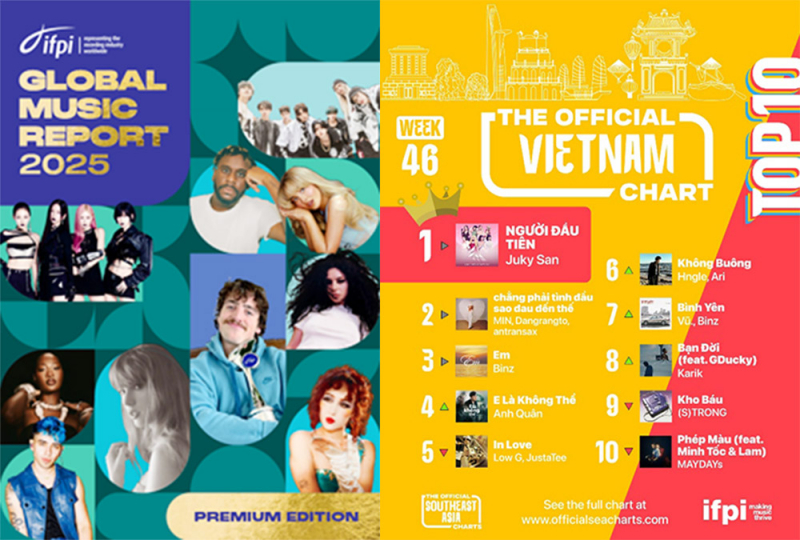
PV: As you know, AI is developing and expanding its application areas at a dizzying speed. How does the music industry welcome this trend?
Mr. Tao Minh Hung: The music industry has always been a pioneer in promoting technological advancement and AI is no exception. In fact, the music industry has applied AI to the production process quite early. AI supports artists in their creativity, helps them better understand audience tastes, and creates new experiences for fans.
The music industry’s view has always been consistent: AI, if used responsibly, can absolutely bring unique creative experiences and perfect human artistry. However, the creative industry in general and the music industry in particular are also facing enormous challenges that AI development creates.
PV: Can you share more about the challenges that AI development creates for the music industry?
Mr. Tao Minh Hung: The biggest challenge is related to copyright issues, which are at the core of the entire music industry. Besides AI developers who have established partnerships with record labels or obtained licenses from record labels to access copyrighted content, there are many companies that use copyrighted content to train AI without asking permission or paying the copyright owners.
Not only do these companies profit from the investment, labor, and creativity of producers and artists, but more importantly, the output of AI development will return to the competitive market with the copyrighted content that has been used (for free).
PV: Currently, Vietnam is also building the Law on Artificial Intelligence to create a comprehensive legal corridor for AI development in Vietnam. What is your opinion on this project and its impact on the Vietnamese music industry?
Mr. Tao Minh Hung: The promulgation of the AI Law is indeed necessary to create a legal corridor for AI development in Vietnam. However, in addition to the AI Law, the impact of AI development activities on the Vietnamese music industry is also regulated by a number of other laws, including the Intellectual Property Law. Currently, the draft revised Intellectual Property Law is being submitted by the Government to the National Assembly for consideration, and this draft includes an exception to copyright for text and data mining for AI development purposes. I think this provision needs to be reviewed.
AI developers can certainly access such content through licensing negotiations – just like any other form of copyright exploitation. However, applying the exception as in the draft revised Intellectual Property Law would hinder the efforts of record labels to develop a healthy copyright licensing market for AI training, and cause copyright value to decline significantly.
Developing AI based on copyrighted content such as literature, movies or music as input does not aim to create outputs that solve urgent social problems – there is no good reason for the creative industry to provide copyrighted content for free to AI developers. Moreover, since the output of AI development will return to the market to compete with copyrighted content, the above exception is inadvertently forcing the creative industry to sacrifice for what will be its own competitors.
Therefore, this exception needs to be carefully considered and studied to ensure a bright future for Vietnam's cultural and creative industries. In fact, leading AI countries such as China and the United States do not make the above exception. The Australian Government has recently confirmed that it will support the creative industry and will not include such an exception in its Copyright Law.
Source: https://cand.com.vn/Tieu-diem-van-hoa/nganh-am-nhac-va-nhung-thach-thuc-tu-ai-i788766/



![[Photo] President Luong Cuong receives Speaker of the Korean National Assembly Woo Won Shik](/_next/image?url=https%3A%2F%2Fvphoto.vietnam.vn%2Fthumb%2F1200x675%2Fvietnam%2Fresource%2FIMAGE%2F2025%2F11%2F21%2F1763720046458_ndo_br_1-jpg.webp&w=3840&q=75)
![[Photo] General Secretary To Lam receives President of the Senate of the Czech Republic Milos Vystrcil](/_next/image?url=https%3A%2F%2Fvphoto.vietnam.vn%2Fthumb%2F1200x675%2Fvietnam%2Fresource%2FIMAGE%2F2025%2F11%2F21%2F1763723946294_ndo_br_1-8401-jpg.webp&w=3840&q=75)
![[Photo] National Assembly Chairman Tran Thanh Man holds talks with President of the Senate of the Czech Republic Milos Vystrcil](/_next/image?url=https%3A%2F%2Fvphoto.vietnam.vn%2Fthumb%2F1200x675%2Fvietnam%2Fresource%2FIMAGE%2F2025%2F11%2F21%2F1763715853195_ndo_br_bnd-6440-jpg.webp&w=3840&q=75)
![[Photo] Visit Hung Yen to admire the "wooden masterpiece" pagoda in the heart of the Northern Delta](/_next/image?url=https%3A%2F%2Fvphoto.vietnam.vn%2Fthumb%2F1200x675%2Fvietnam%2Fresource%2FIMAGE%2F2025%2F11%2F21%2F1763716446000_a1-bnd-8471-1769-jpg.webp&w=3840&q=75)



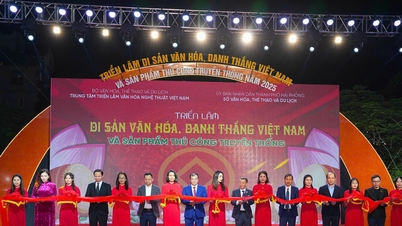

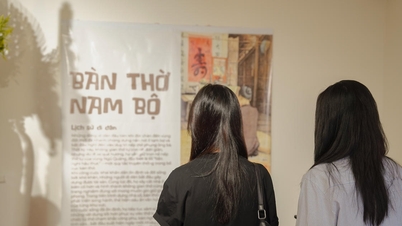


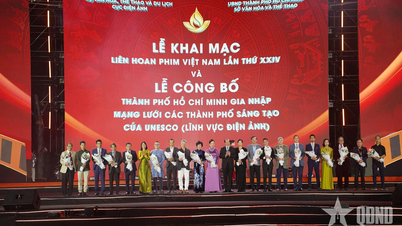

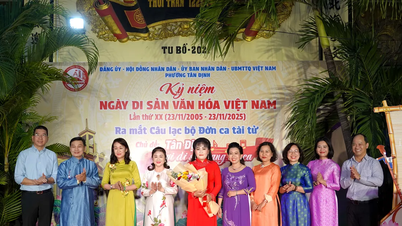






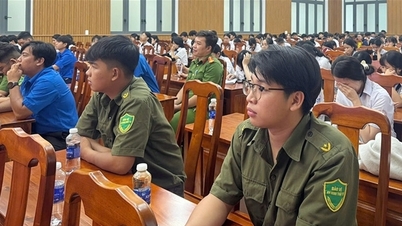
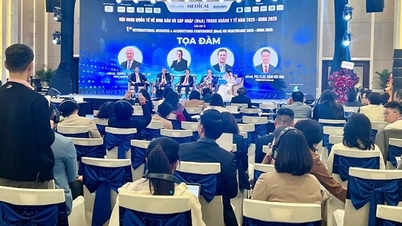


















































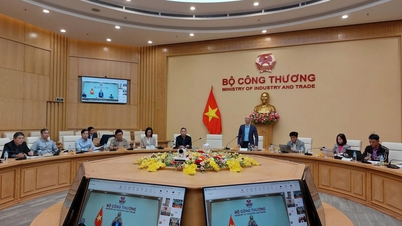

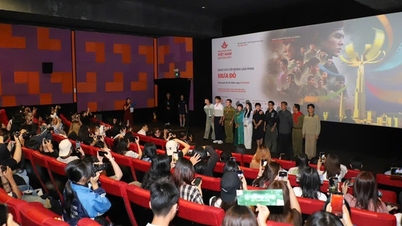



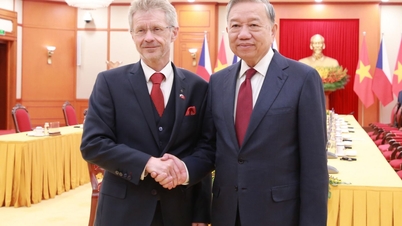

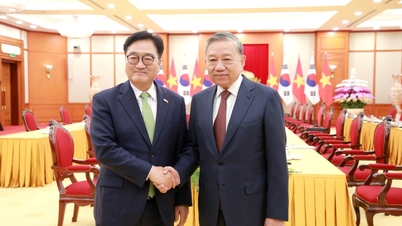
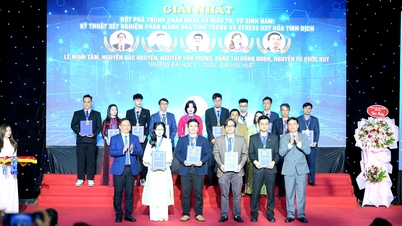






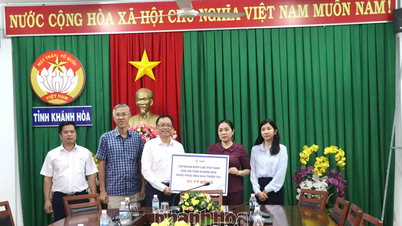

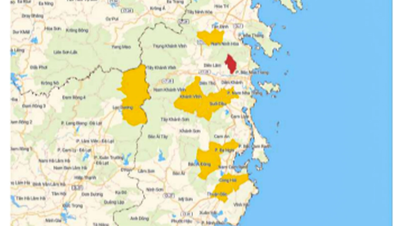















Comment (0)